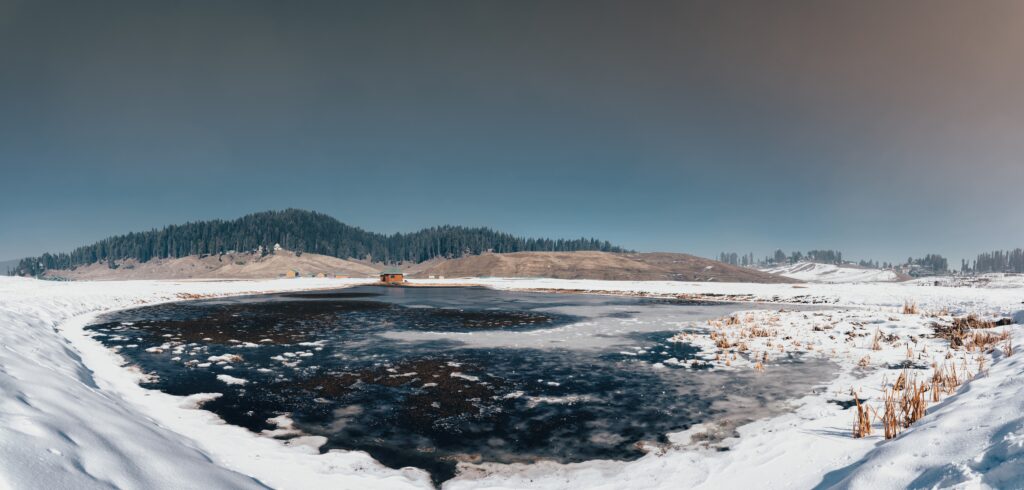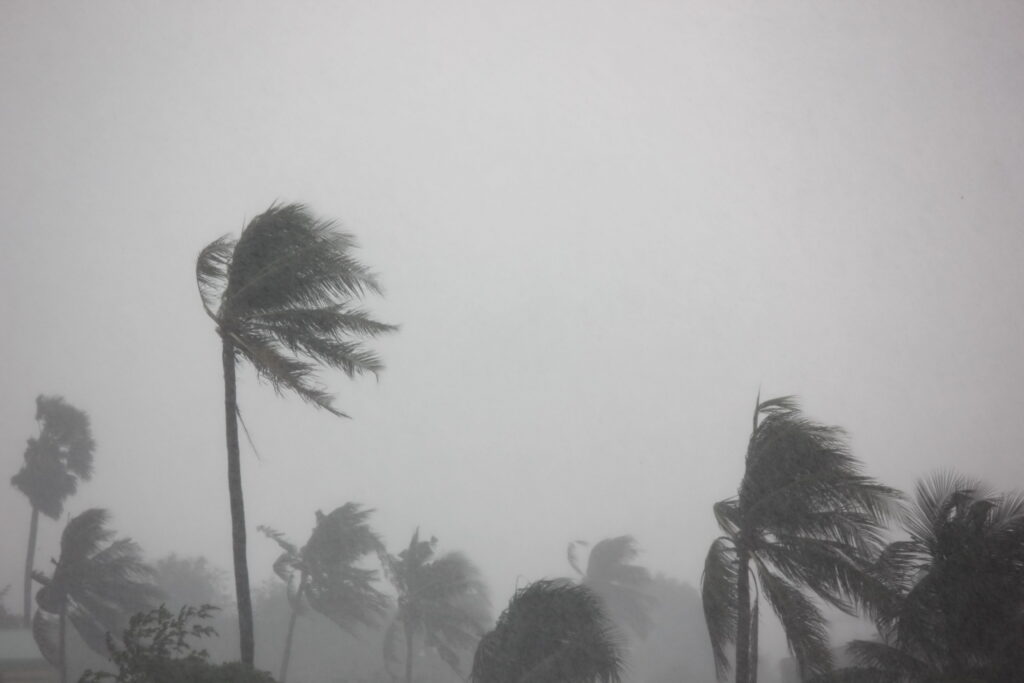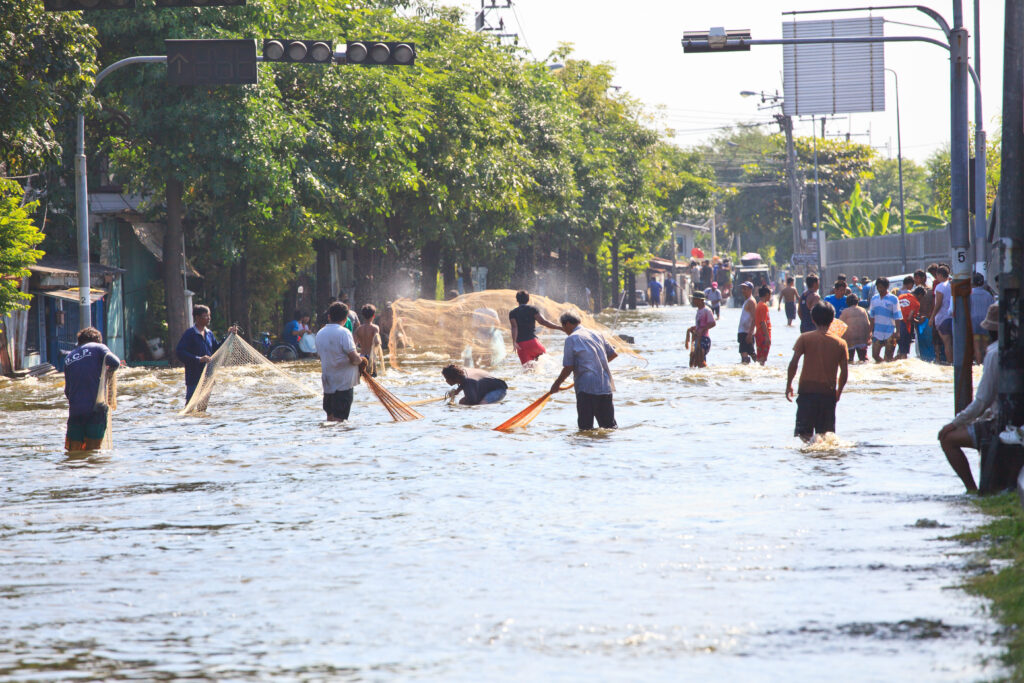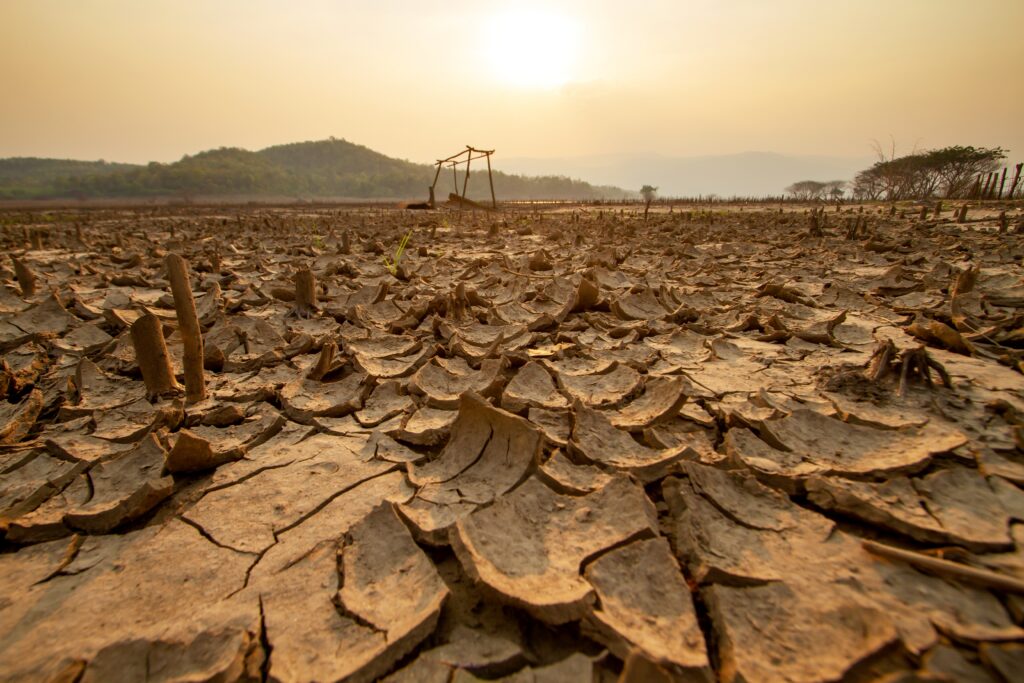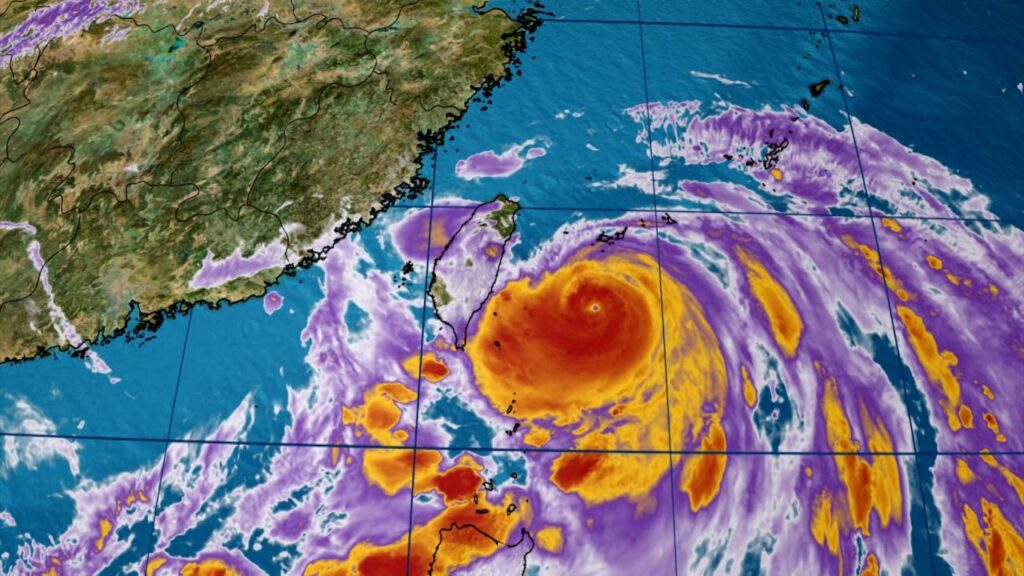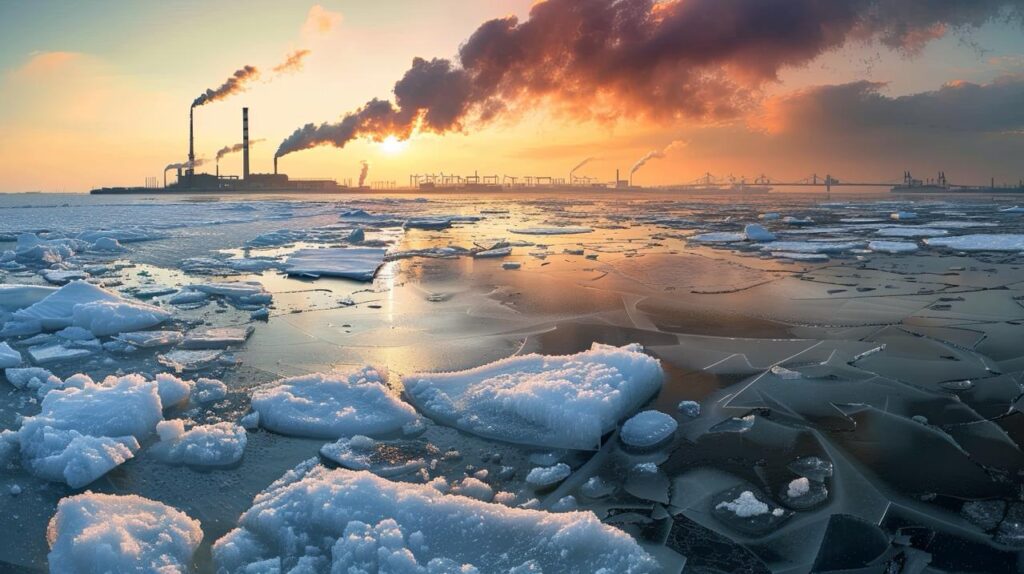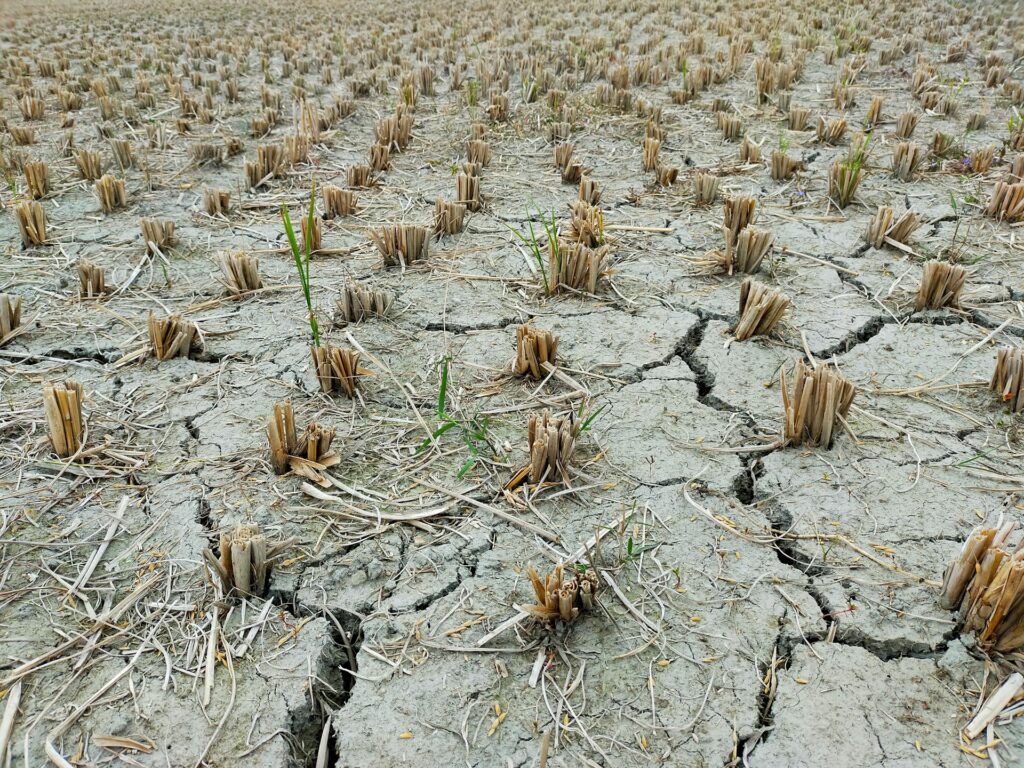A new study found that more than 60% of the world’s population endured excessive heat over nine days in June 2024. Nearly 5 billion people worldwide were exposed to heat made at least three times more likely by climate change, with Indonesia and Bangladesh among the most impacted nations.
The rapid attribution analysis by Climate Central scientists covered the period from 16 to 24 June, during which extreme temperatures soared worldwide. Every heat wave in the world is now made more intense and more likely to happen due to climate change, the scientists highlighted.
“More than a century of burning coal, oil and natural gas has given us an increasingly dangerous world,” said Andrew Pershing, vice president for science at Climate Central. “The heat waves popping up around the world this summer are unnatural disasters that will become more and more common until carbon pollution stops.”
Climate Change-fueled Global Extreme Heat Wave
Due to human-caused warming, extreme heat waves that used to occur once every 50 years now occur nearly five times more often and are 1.5 °C degrees warmer, according to the UN’s panel of top climate scientists. Current plans to reduce fossil fuel use would lead to dangerous warming of nearly 3ºC by 2100. This would mean the extreme heat waves that used to happen only twice a century would occur roughly every three years.
Escalating climate-driven heat events, hot weather and high temperatures have devastating impacts on communities, harming people’s health, livelihoods and food and water security. Severe heat also poses a direct threat to life, and heat-related mortality during extreme seasons can account for 10% of total deaths in some regions.
Climate change and human rights are therefore inseparable. “The climate crisis is the greatest threat to human rights globally,” said Jonathan White, a lawyer at ClientEarth. “Loss of life and harm to people’s well-being will only increase if systemic emitters don’t rapidly rein in the fossil fuels driving dangerous heat spikes and other extreme weather events.
Heat-related Illnesses, Heat Exhaustion and Socioeconomic Impacts
Across Asia, hundreds of millions of people are particularly vulnerable to extreme heat and heat illness, with those living in informal housing, those working outdoors and children at particular risk.
Climate Central scientists identified 171 million people in Bangladesh and 231 million people in Indonesia were exposed to climate-driven extreme heat in their June study. Yet, the year’s extreme heat began in April, when Bangladesh met the “grim milestone” of setting a new all-time heat wave record of 24 days in heat-wave length, while Indonesia experienced its hottest month in 40 years.
In Bangladesh, these extreme conditions caused heat-related fatalities and heat-related illnesses, including heat stroke, heat stress, dehydration, heat cramps, fever, fainting and sunstroke to rise. Researchers have also found heat is driving increased cases of mental health disorders in the nation, including anxiety and depression. People have to take safety steps like air conditioning, cool showers, loose-fitting clothing etc. to prevent heat-related illness.
Meanwhile, Indonesia’s prolonged heat and drought are threatening the nation’s economic and food security. April’s heat caused rice prices to soar, and there are fears that dwindling water supplies could drive up prices too. “With limited [water] availability, prices will soar. The upper middle class can afford to pay more for the water they consume, while the lower middle class will struggle to access clean water,” said development economics lecturer Winny Perwithosuci.
The Inequalities of Dangerous Excessive Heat Temperature
Of the many studies that estimate the impacts of extreme heat on mortality in the future, the results consistently reveal deep inequalities between nations driving climate change and those suffering most from its impacts, explained data scientist Hannah Ritchie. “This is the harsh inequality of climate change.”
Indications show that fewer people will die in richer countries – particularly in Europe and North America. Yet deaths in many lower-income countries will likely increase, with the Middle East and South Asia highlighted as regions most at risk. As heat increases, we need to develop more resilient systems for future extreme conditions. “We won’t be able to eliminate temperature-related deaths, but there is a lot that we can do to protect people – especially those who will be pushed to the brink of human comfort and survivability,” said Ritchie.
Urgent Action to Combat Excessive Heat Risks
Given the clear and escalating risks of extreme heat, experts have said a global early warning system (EWS) is now vital. More frequent and extreme heat events are already disproportionately impacting an increasing number of people worldwide, and projections indicate a worrying increase in future compounding impacts, write the researchers. Yet, unlike weather hazards, such as floods and droughts, a comprehensive global heat early warning system does not currently exist. “An accurate heat EWS can save lives and can promote heat adaptation across society,” they said.
While EWS and adaptation measures for excessive heat are crucial to protect vulnerable populations, scientists are clear about the need for urgent action to reduce fossil fuel consumption to avoid the worst impacts in the future. “These fuels cause the climate crisis,” Imam Saffet Catovic, director of UN operations at Justice For All said. “A definitive, non-reversible shift towards a renewable energy future is imperative to confront this existential crisis.”
Evelyn Smail
Writer, United Kingdom
Evelyn is a freelance writer and journalist specialising in climate science and policy, the just energy transition and the human impacts of climate change. She writes for independent publications, NGOs and environmental organisations. Evelyn has a background in sustainable development, climate justice and human rights.
Evelyn is a freelance writer and journalist specialising in climate science and policy, the just energy transition and the human impacts of climate change. She writes for independent publications, NGOs and environmental organisations. Evelyn has a background in sustainable development, climate justice and human rights.



